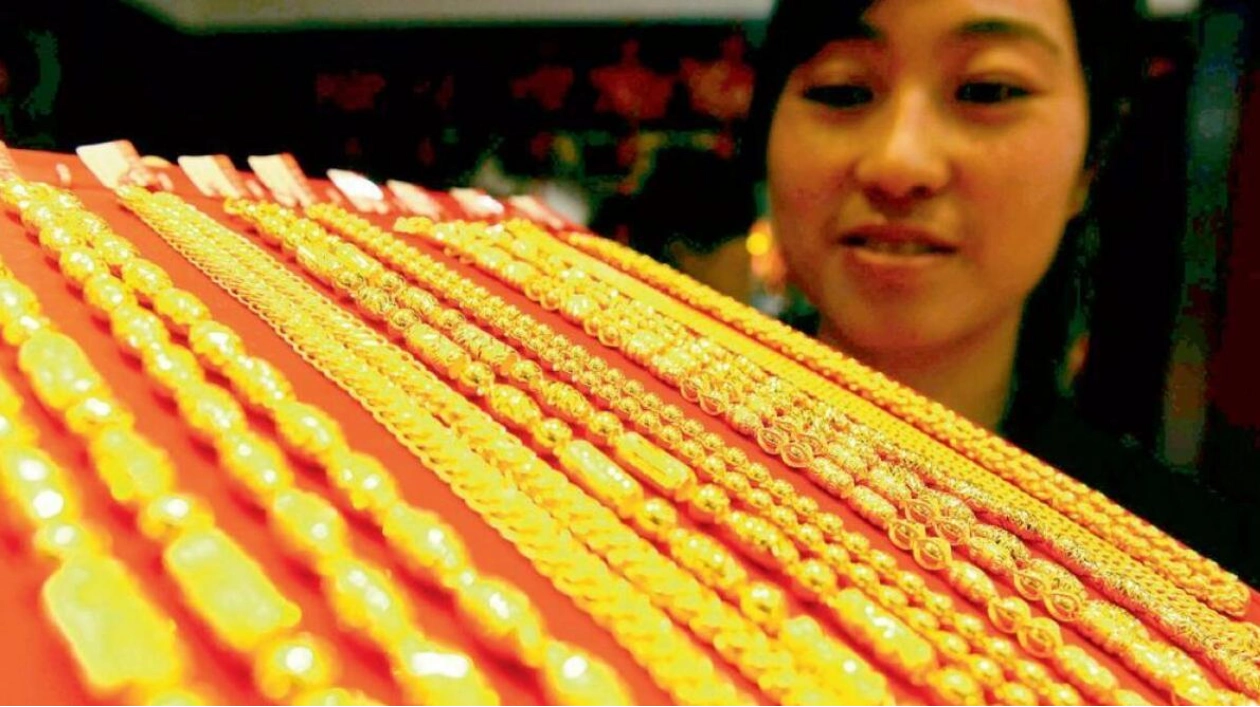Question: My mother, who resides in India, has taken a loan against gold ornaments. I have been designated as her nominee to reclaim the ornaments once the loan is repaid. Will there be any complications in retrieving the gold ornaments after my mother's passing?
Answer: Several banks and non-banking financial institutions have established standardized regulations for the heirs of gold loan borrowers to settle the debt and claim family jewelry in the event of the borrower's demise. To ensure uniformity across all institutions, the Reserve Bank of India formed a committee to address this matter. The committee recommended that in the event of a borrower's death, the nominee or legal heir should be notified to determine their intent regarding the outstanding liability. If the authorized nominee opts to repay the loan, upon settlement, the pledged assets will be returned. This process aims to prevent family disputes. In cases of disputes, banks have auctioned the gold to recover debts, with any remaining balance handed to legal heirs or deposited in court during litigation. If the gold is auctioned or sold, the legal heirs are liable to pay capital gains tax and file tax returns as representatives.
Question: Some banks and credit card issuers have been fined for non-compliance with Reserve Bank guidelines. Has this benefited the public and improved the system's security?
Answer: Regulators impose fines and penalties after providing notice and an opportunity to be heard to the defaulting companies. The Reserve Bank of India ensures adherence to regulations and protects customer interests. In cases where fines and penalties are ineffective, more stringent measures are taken, such as imposing business restrictions. This impacts an institution's business, profitability, and stock market valuation. Business restrictions also affect the appointment of senior officials until regulatory lapses are rectified to ensure statutory compliance and protect the banking public's interests.
Question: I've noticed that European countries use cars also found on Indian roads. Has India's automobile industry matured?
Answer: The export of cars and components from India has significantly increased, with the country becoming a vital export hub for Japanese car manufacturers to global markets. Indian cars meet global safety and emission standards, coupled with cost advantages and high-quality output from a robust ecosystem of suppliers. Companies like Honda and Suzuki export nearly 30% of automobiles from India, leveraging the growing domestic market and venturing into electric vehicle production. Even Chinese electric vehicle producers are establishing a presence to tap into India's burgeoning market opportunities.
H.P. Ranina is a practicing lawyer specializing in corporate and tax laws of India.






